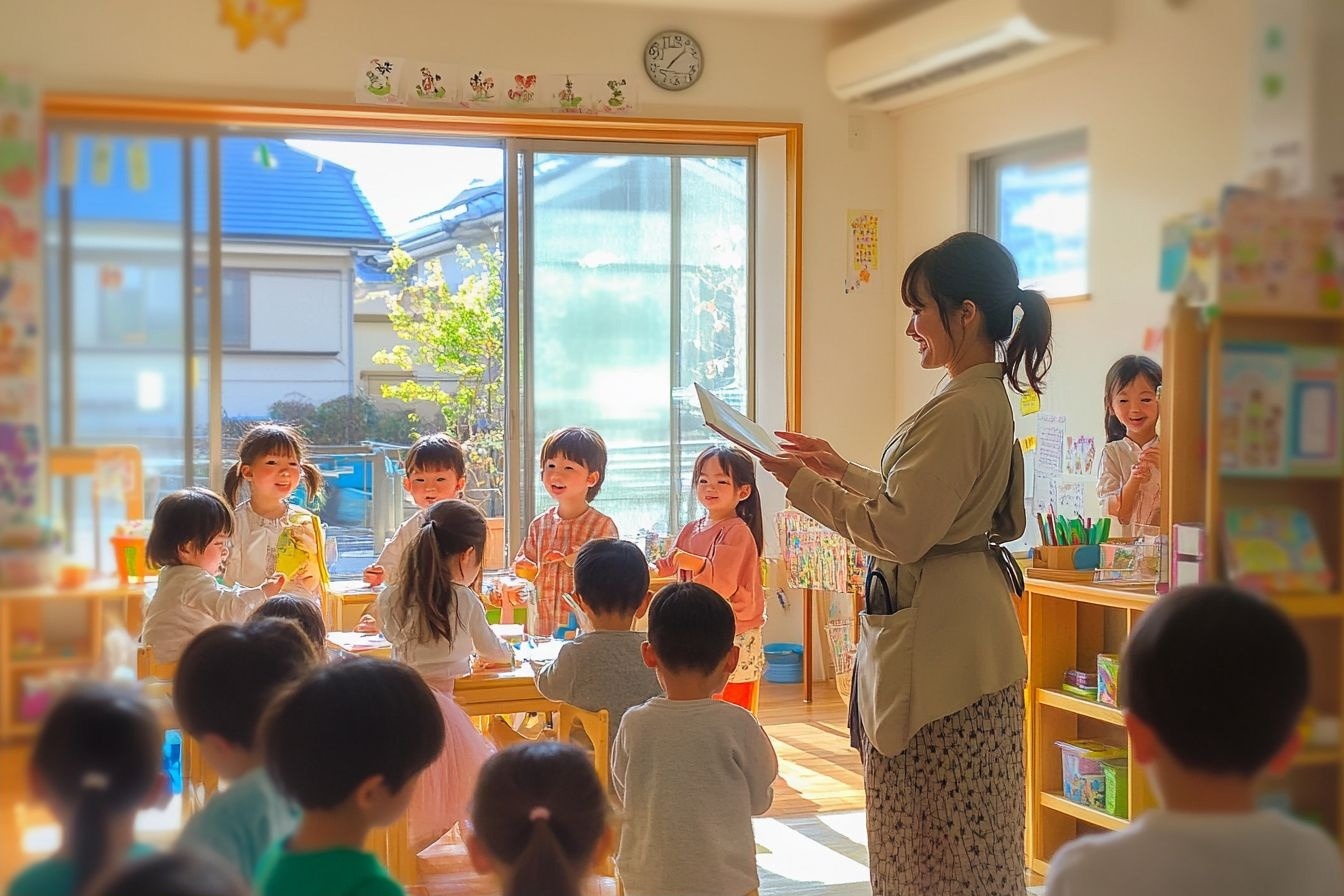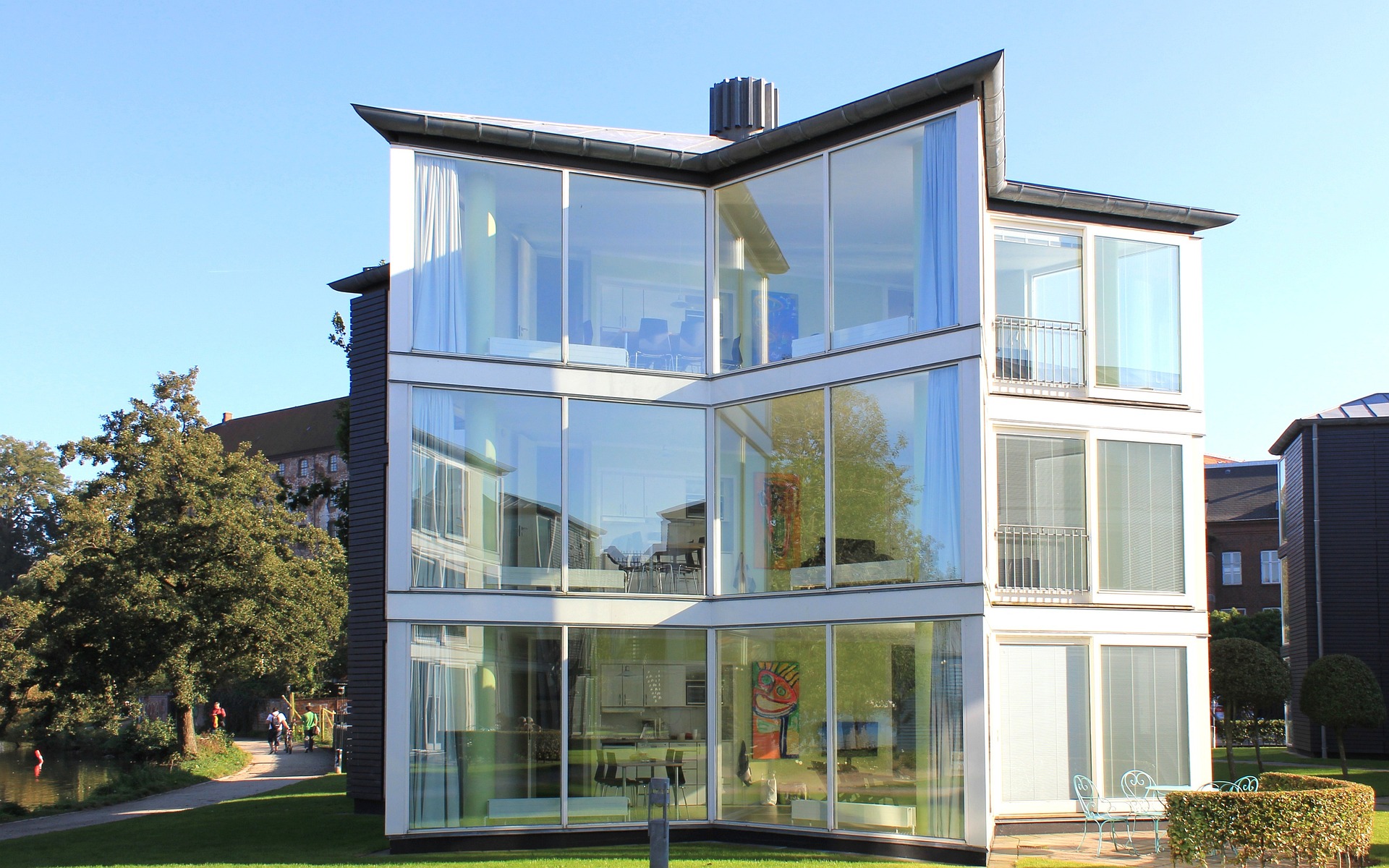Early Childhood Education: Laying the Foundation for Lifelong Learning
Early Childhood Education (ECE) is a critically important stage in a child's development, setting the groundwork for future academic success and personal growth. This comprehensive approach to learning focuses on children from birth to age eight, nurturing their cognitive, social, emotional, and physical development. By providing a stimulating environment and age-appropriate activities, ECE aims to foster a love for learning, promote skill development, and enhance socialization and emotional intelligence. As we delve into the world of early childhood education, we'll explore its significance, methods, and long-lasting impact on a child's journey through life.

What is Early Childhood Education and why is it important?
Early Childhood Education encompasses a wide range of educational programs and strategies designed to support young children’s growth and development. It recognizes that the first few years of a child’s life are crucial for brain development and learning. During this period, children are like sponges, absorbing information and experiences at an incredible rate. ECE capitalizes on this natural learning capacity by providing structured and unstructured opportunities for children to explore, interact, and make sense of the world around them.
The importance of ECE cannot be overstated. Research has consistently shown that children who participate in high-quality early education programs are better prepared for school, have improved social skills, and are more likely to graduate from high school and pursue higher education. Moreover, ECE can help reduce educational disparities and provide a strong foundation for lifelong learning.
How does Early Childhood Education promote skill development?
Early Childhood Education focuses on developing a wide range of skills that are essential for a child’s overall growth and future success. These skills include:
-
Cognitive skills: ECE promotes problem-solving, critical thinking, and logical reasoning through activities like puzzles, building blocks, and science experiments.
-
Language and literacy skills: Through storytelling, rhymes, and interactive conversations, children develop their vocabulary, communication abilities, and early reading skills.
-
Motor skills: Fine motor skills are honed through activities like drawing, cutting, and manipulating small objects, while gross motor skills are developed through physical play and games.
-
Creative skills: Art, music, and imaginative play encourage creative expression and innovative thinking.
-
Math and numeracy skills: Simple counting exercises, pattern recognition, and basic geometry concepts are introduced in a fun, engaging manner.
By focusing on these core areas, ECE ensures that children develop a well-rounded skill set that will serve them well throughout their academic careers and beyond.
What role does socialization play in Early Childhood Education?
Socialization is a cornerstone of Early Childhood Education. In ECE settings, children have the opportunity to interact with peers and adults outside their immediate family, learning essential social skills and emotional intelligence. These interactions help children:
- Develop empathy and understanding of others’ feelings
- Learn to share and take turns
- Resolve conflicts peacefully
- Work collaboratively in groups
- Build self-confidence and self-esteem
Through guided play and structured activities, children learn to navigate social situations, form friendships, and develop a sense of belonging within a community. These early social experiences lay the groundwork for future relationships and social success.
How do Early Childhood Education programs support emotional intelligence?
Emotional intelligence is a critical component of Early Childhood Education. ECE programs recognize the importance of helping children understand and manage their emotions, as well as recognize and respond to the emotions of others. This is achieved through:
- Creating a safe and nurturing environment where children feel comfortable expressing their feelings
- Teaching children to identify and name different emotions
- Providing strategies for self-regulation and coping with strong emotions
- Encouraging empathy through role-playing and storytelling
- Modeling appropriate emotional responses and problem-solving techniques
By focusing on emotional intelligence, ECE programs help children develop resilience, self-awareness, and the ability to form positive relationships – skills that are crucial for success in school and life.
What are the different approaches to Early Childhood Education?
Early Childhood Education encompasses various philosophies and approaches, each with its unique focus and methodology. Some of the most well-known approaches include:
- Montessori: Emphasizes self-directed learning and hands-on experiences in a prepared environment
- Reggio Emilia: Focuses on project-based learning and views children as capable, creative individuals
- Waldorf: Integrates arts and imagination into all aspects of learning, emphasizing creativity and nature
- High/Scope: Promotes active participatory learning through plan-do-review cycles
- Play-based learning: Utilizes play as the primary medium for learning and exploration
Each approach has its strengths, and many ECE programs incorporate elements from multiple philosophies to create a well-rounded educational experience. Parents and educators often choose an approach that aligns with their values and the specific needs of their children.
What are the long-term benefits of Early Childhood Education?
The long-term benefits of Early Childhood Education are numerous and far-reaching. Research has consistently shown that high-quality ECE programs can have a lasting positive impact on individuals and society as a whole. Some key benefits include:
-
Improved academic performance: Children who participate in ECE programs often show better academic achievement throughout their school years and are more likely to pursue higher education.
-
Enhanced social skills: Early socialization experiences lead to better relationships, improved communication skills, and greater emotional intelligence in adulthood.
-
Reduced likelihood of special education placement: ECE can help identify and address developmental issues early, potentially reducing the need for special education services later on.
-
Higher earning potential: Studies have shown that individuals who received quality early education tend to have higher earning potential and better job prospects as adults.
-
Lower rates of crime and delinquency: ECE has been linked to reduced rates of criminal behavior and increased social responsibility in adulthood.
-
Better health outcomes: Early education often includes lessons on nutrition and healthy habits, which can lead to better long-term health outcomes.
To illustrate the impact of different Early Childhood Education programs, here’s a comparison of some popular approaches:
| Program Type | Key Features | Typical Cost Range (Annual) |
|---|---|---|
| Montessori | Self-directed learning, mixed-age classrooms | $8,000 - $15,000 |
| Reggio Emilia | Project-based learning, child-led curriculum | $10,000 - $20,000 |
| Waldorf | Arts integration, nature-based learning | $9,000 - $18,000 |
| Play-based Preschool | Learning through structured play | $5,000 - $12,000 |
| Public Pre-K | Government-funded programs | Free - $5,000 |
Prices, rates, or cost estimates mentioned in this article are based on the latest available information but may change over time. Independent research is advised before making financial decisions.
In conclusion, Early Childhood Education plays a vital role in laying the foundation for lifelong learning. By focusing on skill development, socialization, and emotional intelligence, ECE programs prepare children for academic success and personal growth. The diverse approaches to early education offer families a range of options to suit their children’s needs and learning styles. As research continues to demonstrate the long-term benefits of quality early education, it becomes increasingly clear that investing in ECE is not just beneficial for individual children, but for society as a whole.
The shared information of this article is up-to-date as of the publishing date. For more up-to-date information, please conduct your own research.




